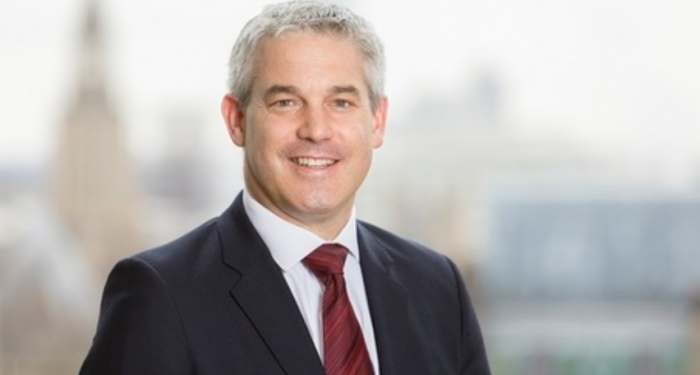While driving down NHS waiting lists and alleviating the cost of living crisis feature among the key priorities advisers say the new chancellor and health secretary need to focus on, one director has questioned how long the new appointees will stay in their roles given the perilous position of the prime minister.
Yesterday, PM Boris Johnson was hit with not one but two resignations from his Cabinet over his handling of Tory MP Chris Pincher, who is is facing allegations of sexual misconduct during his time as deputy chief whip.
Health secretary Sajid Javid and chancellor Rishi Sunak both handed in their resignations. In their respective resignation letters, Javid wrote that while it had been his instinct to continue the important work of tackling the “unprecedented” scale of challenges in the health and social care, he could no longer serve in this government, while Sunak wrote that he had “reluctantly come to the conclusion that we cannot continue like this”.
The PM acted quickly to appoint successors late last night, with Steve Barclay (pictured) appointed health and social care secretary and Nadim Zahawi taking on the role of chancellor of the exchequer.
When advisers were asked what the pair’s priorities should be in their new roles, tackling NHS waiting lists and the cost of living crisis featured prominently.
Isaac Feiner, managing director of LifePoint Healthcare, told Health & Protection Barclay needs to focus on alleviating the NHS burden as a priority.
“This is a huge pain point I hear about all day every day from clients,” Feiner said.
“Of course in the role I am in I would strongly advocate he consider removing the IPT on PMI so that more of the UK public can afford to access PMI. This is seen as nothing more than a stealth tax that serves no purpose other than an extra income stream to the treasury. The madness is that the IPT on PMI coming in is far less then the actual extra additional costs the NHS faces due to the waiting lists.”
According to Claire Ginnelly, vice chairwoman of the Association of Medical Insurers and Intermediaries, access to effective primary care is a growing problem.
“This week we have seen stats which show excess deaths have increased (not directly related to Covid) and could be due to diagnosis being delayed,” Ginnelly said.
“Getting to talk to a doctor let alone see a doctor is becoming so difficult some people are just giving up or moving the problem to A&E or pharmacies. This also has a knock on effect on the insurance industry, whether it be waiting for GP reports for underwriting or claims assessment or trying to access benefits.
“For the chancellor, obviously the cost of living crisis has got to be addressed and getting the balance right between paying people a fair wage whilst not fuelling inflation further. We need to attract more doctors, nurses, teachers and currently I suspect many feel the financial reward is no longer sufficient.”
Stephen Ellis, associate director at Prosperis, said the country appears to be approaching a “perfect storm”.
“The economy needs protecting to safeguard the population – but it is easy to forget that the Covid pandemic has not gone away and that infections are rising.
“This is against a backdrop where free lateral flow tests are no longer available and people are potentially infecting others as they are ‘living with Covid’. As a first step, I suggest the funds are made available for free tests and a decision on booster vaccines is made before autumn. That would give out a strong message.
“This is in my opinion will be the best and most immediate way to alleviate the pressures and burdens.”
Andrew Green, director at Craigdalliehealthcare, called on Barclay to recognise the role of the private sector in helping reduce the NHS backlog and streamlining the provision of healthcare services.
“The problems will not be fixed quickly, though but the time really has come for the government to allow the private sector to play its part,” he added.
“Obviously, the chancellor needs to keep inflation under control and one of the first things he needs to do is take back control of setting interest rates from the Bank of England who have been relying too much on quantitative easing in recent years. He also needs to stimulate the economy by bringing in further tax cuts.”
Andrew Wilkinson, director at Moneysworth, agreed, adding Zahawi’s number one issue must be the rising cost of living and the further measures required to help workers, especially those lower paid workers to get through the current difficult times.
“Linked to that of course is the inflation problem and the prospect of growing strikes. All this against a background of war and the accompanying increase in defence spending,” Wilkinson said.
Although Wilkinson added: “A key question is how long the new health secretary and chancellor will remain in their new positions given the growing prospect of an imminent change in prime minister.”






